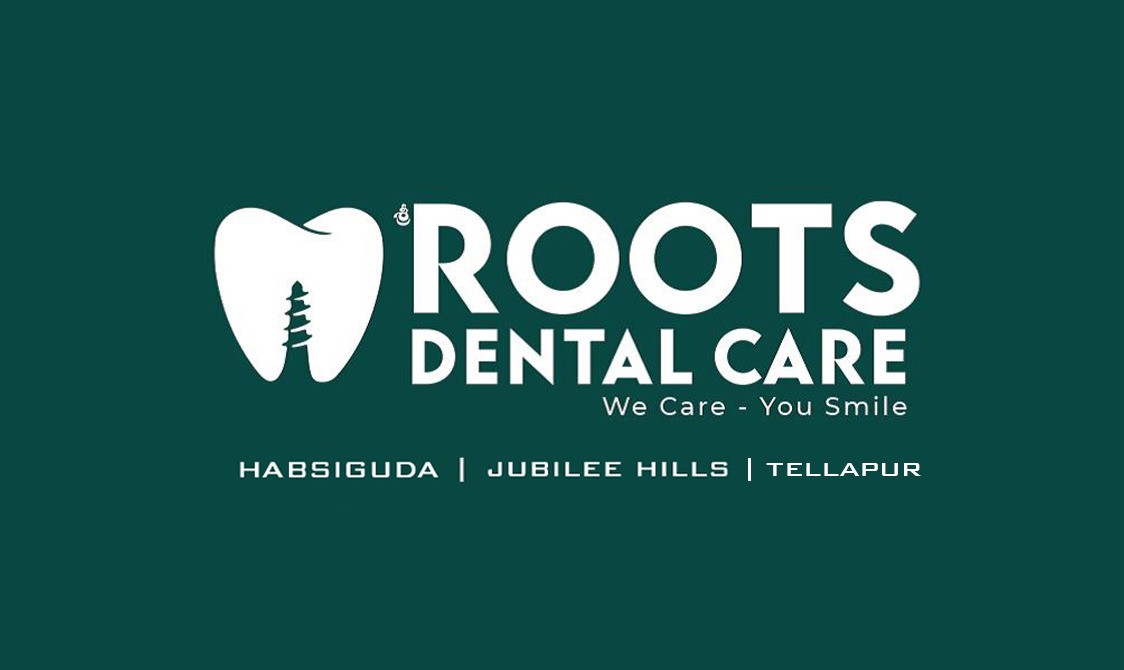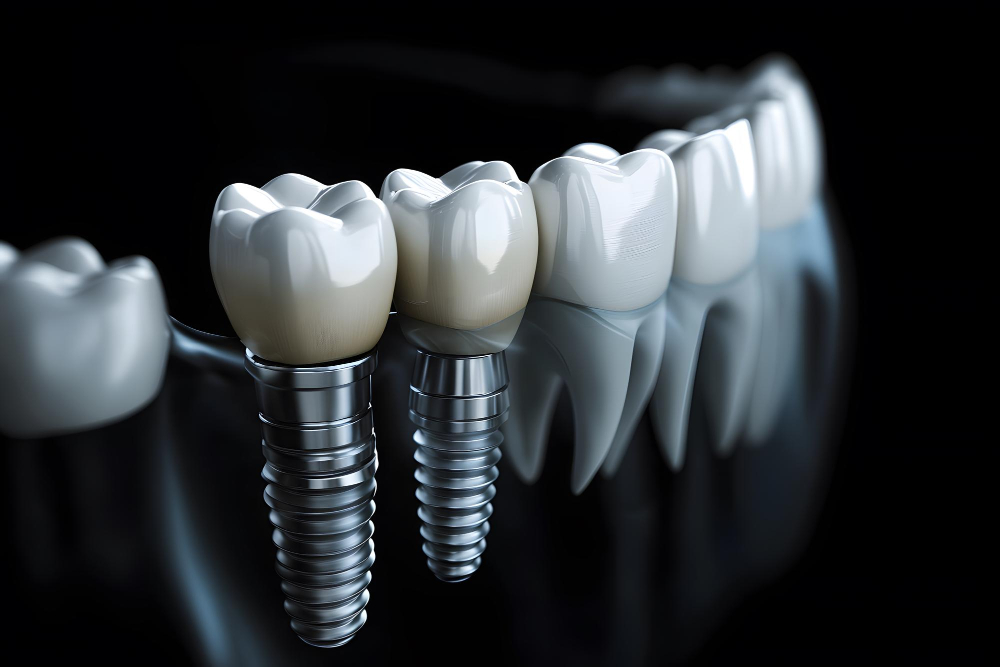Many people wonder if they need braces but aren’t sure how to tell. Orthodontic treatment isn’t just about aesthetics—it plays a crucial role in maintaining oral health. Misaligned teeth can lead to chewing problems, speech difficulties, and even jaw pain. At Roots Dental Care, we help patients determine whether braces or other orthodontic solutions are the right choice for them.
Signs That You May Need Braces
1. Crooked or Crowded Teeth
If your teeth overlap, twist, or appear crowded, it could indicate that there is not enough space in your mouth for proper alignment. This can make cleaning difficult, leading to plaque buildup and cavities.
2. Gaps Between Teeth
Some people have noticeable gaps between their teeth, which can occur due to missing teeth, an improper jawbone structure, or habits like thumb sucking. Braces can close these gaps and create a more uniform smile.
3. Overbite
An overbite occurs when the upper teeth overlap significantly over the lower teeth. This can lead to excessive wear on the lower teeth and, in some cases, jaw pain or difficulty biting.
4. Underbite
If your lower teeth extend beyond your upper teeth when biting, you may have an underbite. This can affect your ability to chew food properly and may contribute to speech difficulties.
5. Crossbite
A crossbite happens when some of your upper teeth sit inside the lower teeth instead of outside. This misalignment can cause uneven tooth wear, gum recession, and even jaw discomfort.
6. Open Bite
An open bite means that the upper and lower teeth don’t touch when the mouth is closed. This condition can interfere with chewing and may lead to speech problems.
7. Jaw Pain or Clicking Sounds
If you experience discomfort, popping, or clicking sounds in your jaw when you chew or speak, it may be due to an improper bite alignment. Braces can help align the jaw and reduce strain.
8. Difficulty Chewing or Biting
If you find it hard to chew food properly or your teeth don’t come together evenly when biting, you might benefit from orthodontic treatment.
9. Speech Issues
Misaligned teeth can sometimes cause speech problems, such as a lisp or difficulty pronouncing certain sounds. Braces can help correct alignment and improve speech clarity.
Types of Braces Available
1. Traditional Metal Braces
These braces use metal brackets and wires to gradually move teeth into place. They are highly effective for complex misalignments.
2. Ceramic Braces
Ceramic braces work like metal braces but use tooth-colored brackets that blend in better with your teeth, making them less noticeable.
3. Clear Aligners (e.g., Invisalign)
Clear aligners are a popular, removable alternative to traditional braces. They are nearly invisible and allow for easy cleaning and eating.
How to Know If Braces Are Right for You
The best way to determine if you need braces is to consult with an orthodontist. At Roots Dental Care, we offer:
- Comprehensive orthodontic evaluations
- Personalized treatment plans
- State-of-the-art orthodontic solutions
Conclusion
Braces are not just about straightening teeth; they can improve your oral health, enhance your smile, and prevent future dental problems. If you experience any of the signs mentioned above, it may be time to visit an orthodontist.
Schedule a consultation with Roots Dental Care today to explore your options for a healthier, more confident smile!


